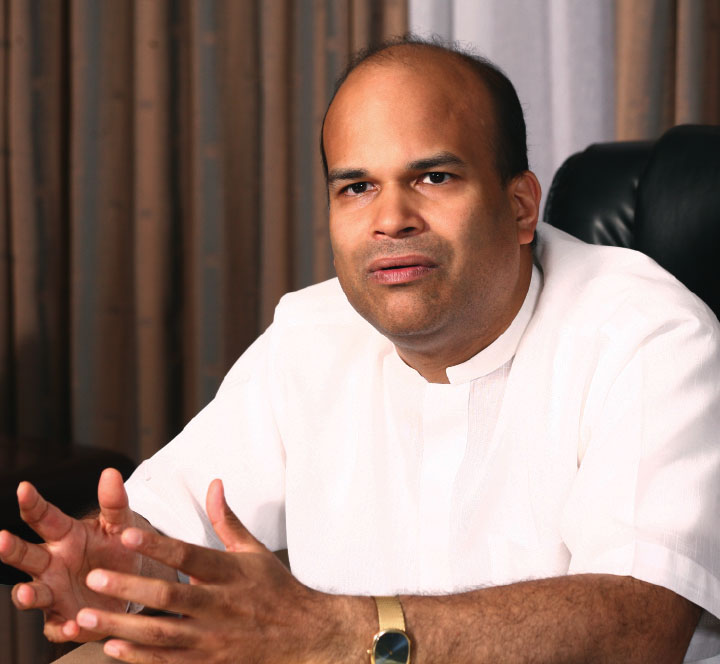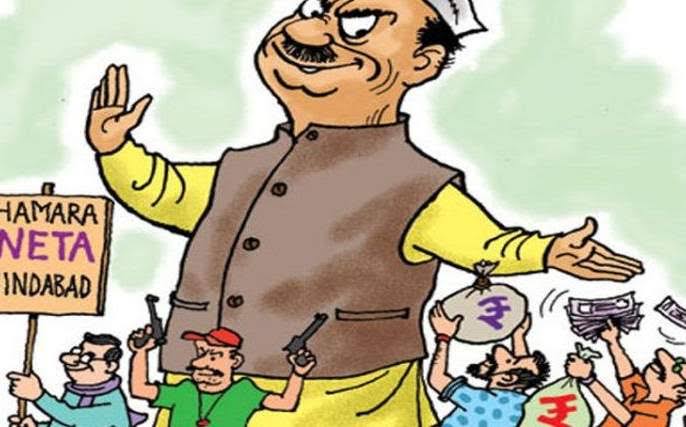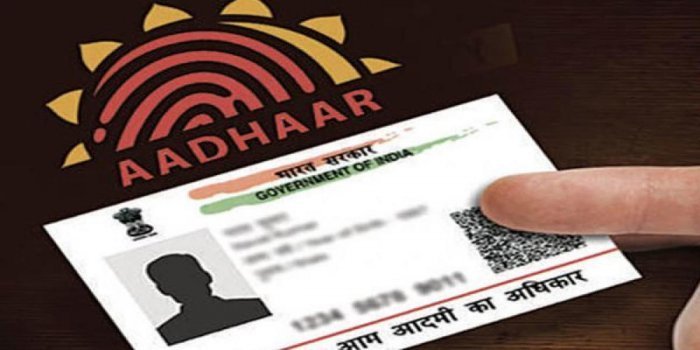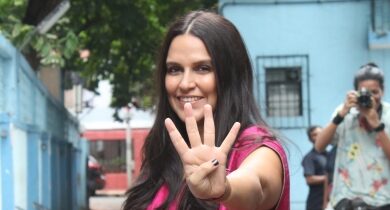India To Supply 65,000 MT Urea To Sri Lanka Immediately

Colombo/New Delhi, May 14: India is to immediately supply 65,000 metric tons of urea fertilizer to Sri Lanka, which is grappling with the biggest economic crisis in its post-independence history.
The Government of India has decided to supply this quantity of urea immediately to Sri Lanka at the request of the Government of Sri Lanka, despite a ban on export of urea from India.
Sri Lanka received this assurance following Sri Lankan High Commissioner Milinda Moragoda’s meeting with concerned officials on Thursday where the issue was discussed.
“High Commissioner Milinda Moragoda met with the Secretary to the Department of Fertilizers of India Shri Rajesh Kumar Chaturvedi and thanked him for India’s decision to supply 65,000 MT of urea required for the current Yala cultivation season in Sri Lanka,” the High Commission of Sri Lanka said in a statement.
Yala is the season of paddy cultivation in Sri Lanka that lasts between May and August. India would supply 65,000 metric tons of urea to Sri Lanka under the existing USD one billion Indian line of credit.
High Commissioner Moragoda thanked Secretary Chaturvedi for his personal involvement in arranging necessary approvals and logistics to supply 65,000 metric tons of urea to Sri Lanka in consultation with the High Commissioner of India in Colombo Gopal Baglay, ft.lk reported.
In response, Secretary Chaturvedi said his Department is always ready to support Sri Lanka in keeping with India’s ‘neighbourhood first’ policy, and that the Department is making arrangements to ship the required quantity of urea from the nearest port to Sri Lanka through a State Company coming under his purview.
The High Commissioner and the Secretary also discussed ways and means to ensure the continuous supply of chemical fertiliser from India to Sri Lanka under the existing credit line and beyond. High Commissioner Moragoda was accompanied by Deputy High Commissioner Niluka Kadurugamuwa, Minister Upul Pushpakumara and Minister Counsellor Gamini Sarath Godakanda to the meeting. Sri Lanka is aiming to boost its agriculture sector to avoid any disruption in the agriculture market following the drop in the paddy cultivation in the Maha session.
The Sri Lankan government banned chemical fertilisers last year as part of a phased transition towards organic agriculture. The sudden nature of the change and the dearth of adequate supplies of organic fertilisers affected agricultural output, especially rice and tea. The decision was primarily caused by the dearth of foreign reserves in US dollars to pay for the imports.
Sri Lanka’s annual fertiliser imports cost USD 400 million. Farmers across Sri Lanka had intensified their protests due to the lack of fertilizer and being compelled to abandon their farmlands. The chemical fertiliser ban, combined with bad weather, led to falling crop yields and contributed to inflation hitting a 47-month high of 8.3% in October with food inflation at 11.7%. Sri Lanka has more than two million farmers and up to 70% of its 22 million people are directly or indirectly dependent on agriculture.
In November last year, Sri Lanka removed the ban on the use and import of chemical fertilisers after months of mass protests by farmers and a surge in food prices. India has committed more than US$3 billion to debt-ridden Sri Lanka in loans, credit lines and credit swaps since January this year.
India on Thursday said it looked forward to working with the new Sri Lankan government formed in accordance with the democratic processes and New Delhi’s commitment to the people of the island nation will continue.






